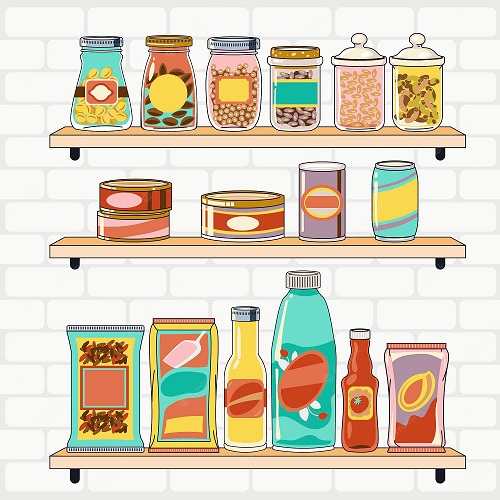As we reflect on our health choices from time to time and what habits may be best left on the curb – we can fool ourselves with every excuse imaginable with one major player – Alcohol -otherwise known as ‘booze’. Enjoying the odd tipple is a societal crutch that can develop from a ‘sometimes’ to an ‘every day’ occurrence with consequences.
Have you ever considered that an average schooner of beer is equivalent to having a generous serving of chocolate cake or a glass of wine could afford you to chow down 3 fish fingers instead? The energy content of alcohol isn’t the only factor we should be considering the effects of long term. Those that choose to live booze free or limit alcohol reportchange better sleep habits, less mental and stress-related illness, a reduction of gastrointestinal cancers and improved energy levels.
The myth that one or two drinks a day are good for you is just that — a myth. A study published in the international medical journal The Lancet, in 2016, shatters this myth and concludes there is no safe level of drinking alcohol. Each gram of alcohol needs to be metabolised by our body – and this comes as a detriment to long term and short-term health.
If you’ve been pondering the thought of giving space to your relationship with alcohol, there is no way to sugar coat it. It requires careful attention and awareness. Taking ownership of your habits with a side of honest reflection helps motivate the change but like anything you would like to omit – the first 30 days are hard.
Here are a few other tips to help you on your way
How to Lessen the Booze Stranglehold
Be accountable
Prepare for the change by telling anyone in your network your intentions. You might even inspire your friends to join you which will, of course, make things easier. A visit to your GP may give you a clearer picture of your current health status with motivation to improve certain aspects. Call in help from counsellors if you feel support would be beneficial, as they specialise in the psychological equation that requires the most attention.
Just as food can be a crutch so is alcohol. A diary that records your drinking habits along with emotions and actions at the time of drinking can unearth patterns you may not be aware of. One common habit is sitting down with a glass of wine each night for dinner. Why is it repeated? Simply because you did it the night before, and the night before that.
Challenge your motives
Are your desires to drink still serving you in the same ways as when you first started? Think and reflect each day on why you drink and your beliefs about how alcohol enhances your life. A common belief is that alcohol helps us destress at the end of the day – when in fact it creates more stress for our body and mind to endure.
Be on guard to face triggers
Environmental triggered fuel habits: perhaps being asked by a waiter at a restaurant if you would like a drink or staying back at work on a Friday brings expectations to socialise… and drink. These are all normal parts of going through the process of self-discovery and to know it’s a unique reaction by you – and choices are there to be made.
Creating space between the action and reaction is one way to help deal with these intense feelings – riding the emotional wave – and pausing to bring attention to what is an emotional reaction helps take the wind out of a rash decision’s sails…
Remember there could be years of detraining that needs to be considered and you are rocking all your old beliefs about drinking so be kind, patient and bring perseverance to the table – it will be a decision you’ll thank yourself later for.
If you feel alcohol is a problem for you or someone you know, please seek advice from a professional or call a helpline. There are trained telephone counsellors available in every Australian state and territory.
Credit: Photo by Garo/Phanie/REX (3669290s)




